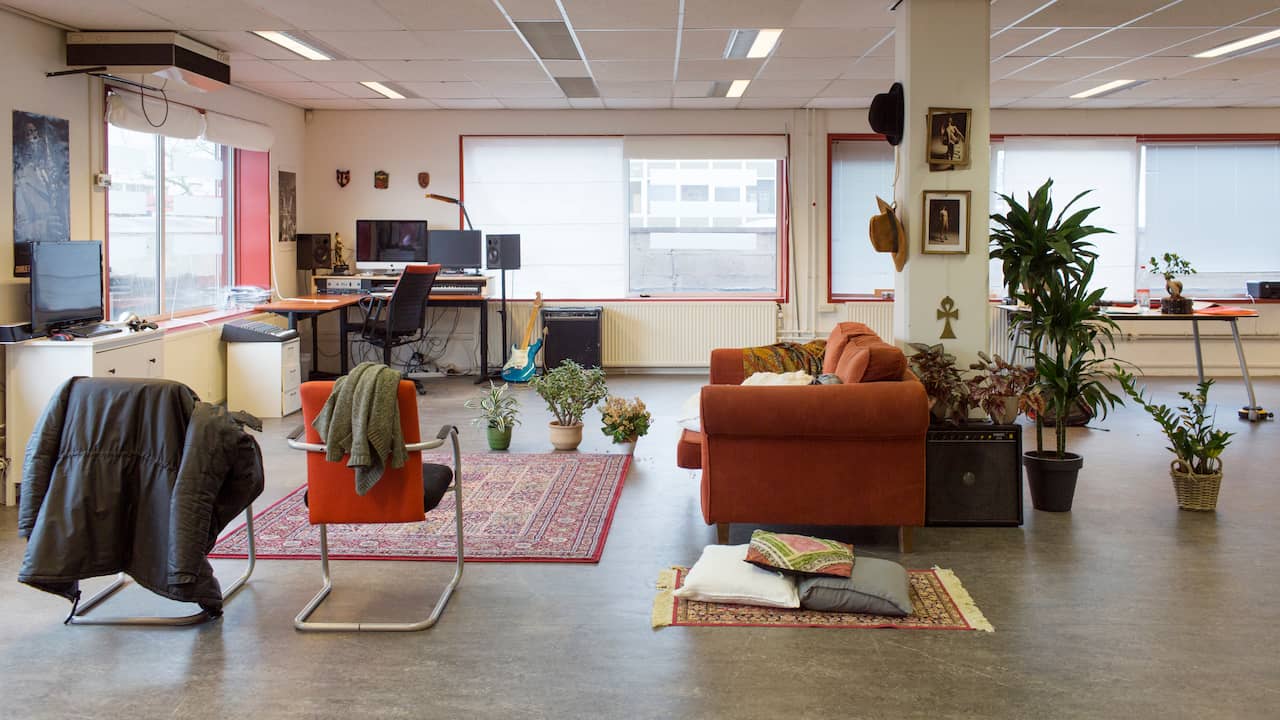The United Nations and the World Bank have spoken out in favor of maintaining schools during the corona pandemic despite the risk of infection. In a joint report published on Wednesday, the UN and the World Bank pointed to the negative impact of the spring lockdown on children’s education – especially in poorer countries.
According to this, children in poor countries were withheld up to four months of schooling at the beginning of the pandemic, while children from rich nations benefited from homeschooling and missed about six weeks of classes. “The reopening of schools and the establishment of much-needed catch-up classes are crucial,” said Robert Jenkins, Director of Education at the UN Children’s Fund UNICEF. “We don’t have to look that far to see the havoc the pandemic has wreaked on children’s education around the world,” added Jenkins.
In countries with predominantly low and middle income, the damage is worse, as children have fewer opportunities to study from home. In addition, the likelihood of delays in reopening schools is higher there. At the same time, there are fewer funds to reduce the health risks in schools.
The UN cultural organization UNESCO and the World Bank said that immediate investment must be made in school systems in order to narrow the growing gap between education in poor and rich countries caused by the pandemic.
For the report, UNICEF, UNESCO and the World Bank evaluated information from almost 150 countries that was collected between June and October.
Those: Apa / Ag.
–

